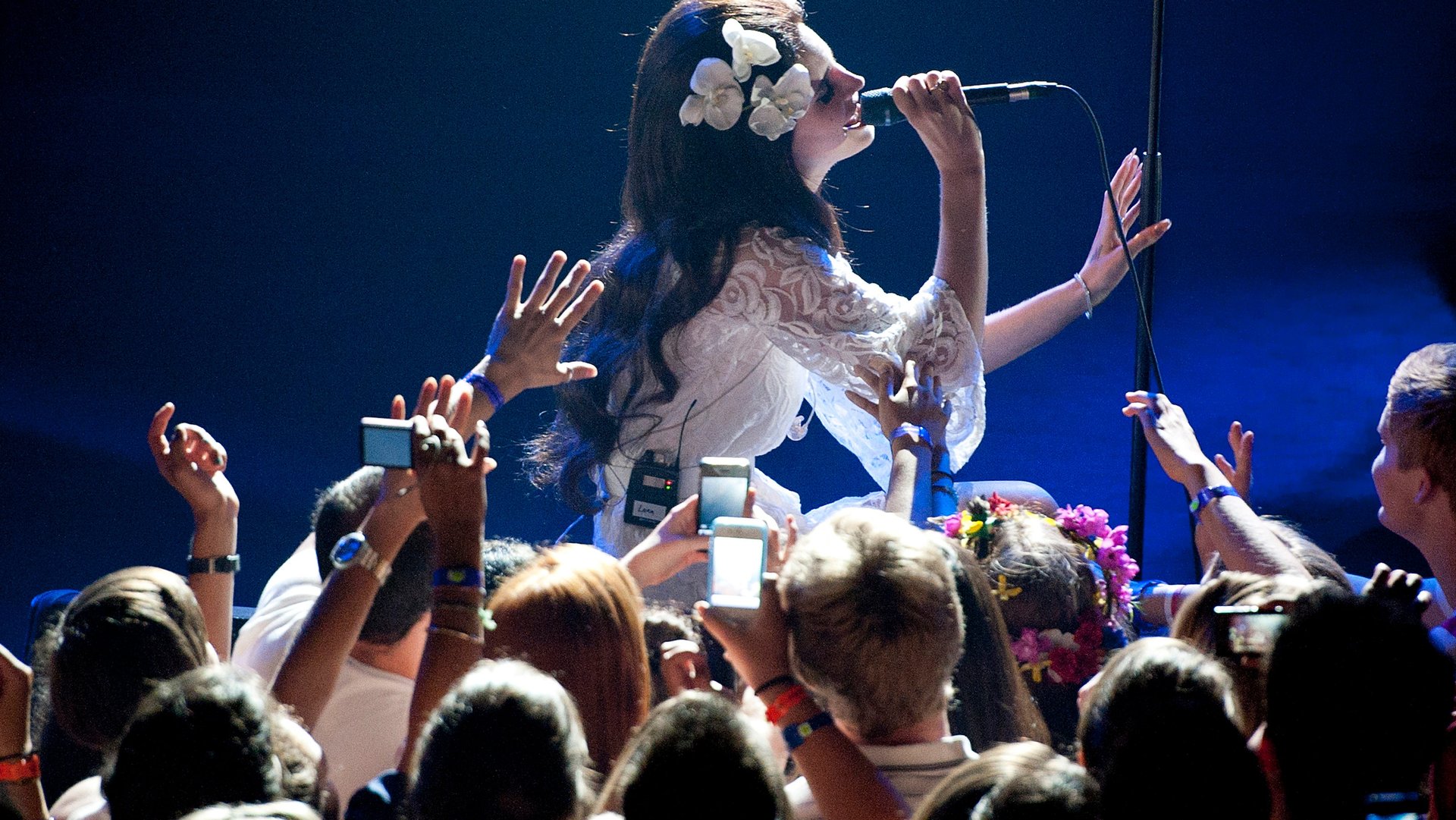Radiohead’s lawsuit against Lana Del Rey shows how all music is stolen
These days, making music hardly makes artists any money. That’s why even those who achieve household-name status have to fiercely defend their work against copycats: Every creative rip-off can amount to a sizable loss in income.


These days, making music hardly makes artists any money. That’s why even those who achieve household-name status have to fiercely defend their work against copycats: Every creative rip-off can amount to a sizable loss in income.
But this week, when the British rock band Radiohead sued pop star Lana Del Rey for copyright infringement, the thorny ambiguity of plagiarism claims in the music world came into view. Radiohead, according to anonymous reports that were later confirmed by Del Rey herself, wants 100% of the publishing royalties to the singer’s 2017 song “Get Free” because the band believes the track bears too close a resemblance to its 1993 hit “Creep.” Del Rey said she offered up to 40%, but Radiohead will only accept 100% and its “lawyers have been relentless.” Radiohead, as of Tuesday, said it is “negotiating.”
Upon first listen, it sounds like the band may have a solid case: The two tracks do sound a bit similar. But things get more complicated when you consider that Radiohead was once itself sued for lifting chord progressions for “Creep” from another song already in existence,“The Air That I Breathe,” made famous by The Hollies in 1974—and the band confessed to it. (Mike Hazlewood and Albert Hammond, the writers of that other song, ended up getting credited in Radiohead’s liner notes.)
It’s for that reason that lawyers and music industry experts are divided as to whether Del Rey owes Radiohead anything. Some point to the fact that “subconscious copying,” or copying a song not out of intentional plagiarism but because it’s loosely in one’s memory, can be enough to establish infringement. Others say the popularity of the chord progression should be enough to clear Del Rey of the charge, especially if it can be traced back to before “Creep” was published.
The fact of the matter is that music law has never been able to establish a clear line between what is original and what is not. Copyright suits pop up all the time with entirely different results: Pharrell Williams and Robin Thicke had to pay $7.3 million for writing a song with the same “vibe” as a Marvin Gaye track a few years ago, but Led Zeppelin escaped unscathed from accusations that it stole the opening of “Stairway to Heaven” from an uncannily similar Spirit song. Ed Sheeran’s song “Shape of You,” one of the most-streamed tracks of 2017, was forced to give credit (and therefore royalties) to TLC for their much earlier song “No Scrubs.” Hip-hop and rap are eternally riddled with claims of creative theft. The entire genre of jazz is essentially a study in plagiarism, both subtle and overt. Et cetera.
That pop music tends to overuse the same infamous four-chord progression doesn’t help things, either. To assert that any song is entirely original would be to say it stands apart from thousands of years of musical history—all the progressions and motifs and sounds that have made up the canon before it. And so the question can never be whether a song has copied music that came before. It’s just a question of how badly.